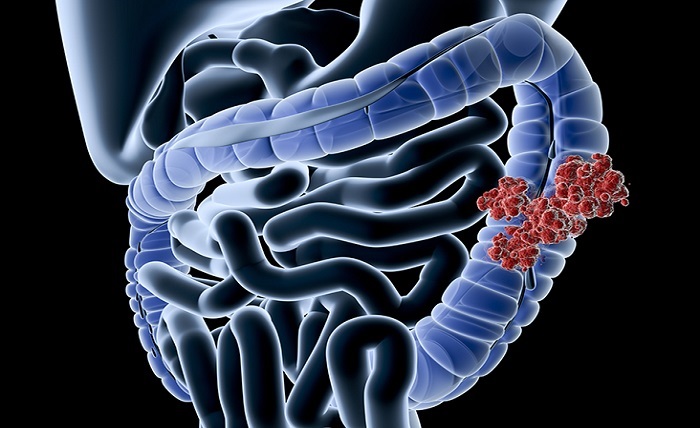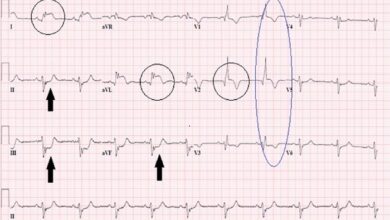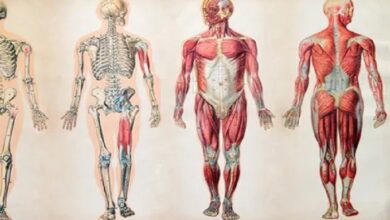When I Knew I Had Colon Cancer

While the symptoms of colon cancer may be different for everyone, there are a few common ones that indicate this disease. These include Blood mixed with stools, X-rays, and MRI scans. If you notice one or more of these symptoms, you should consult your doctor.
Blood on or mixed in stools
The presence of blood on your stools can be caused by several conditions, including colon cancer, inflammatory bowel disease, ulcerative colitis, and hemorrhoids. Regardless of the cause, blood on stools should be evaluated by a medical professional. He or she may recommend a few tests, including a fecal occult blood test (FOT).
If the blood on your stools occurs more frequently than once, consult your doctor. The condition may be an auto-immune disorder caused by an overactive immune system. The condition may be accompanied by other symptoms, such as abdominal pain or diarrhea.
Blood on your stools may be red or black, and it could be caused by many different causes. If you notice red or black blood in your stools, it is best to see a doctor as soon as possible.
MRI scans
MRI scans are used to examine the body in detail. They can show whether the colon tumor has spread to nearby organs or structures. An MRI of the colon can also detect cancer at an early stage. During your test, you will lie on a table that goes into an MRI machine. This is a noisy procedure, so you may be given earplugs, headphones, and an eye mask. A radiographer will talk to you through an intercom. The procedure can take up to 45 minutes. Once the test is finished, you can usually go home.
MRI scans use magnets to create detailed images of the internal organs. These images provide doctors with the size and location of the tumor. These images are incredibly helpful when it comes to diagnosing colorectal cancer. They can also show whether cancer has spread throughout the body and whether treatment is working.
X-rays
When I knew I had colon cancer, I was extremely scared, and I was worried that I would have to have X-rays and other tests done. The good news is that most of the tests can be avoided with the right screening plan. Colon cancer symptoms depend on the type and location of the tumor and whether it has spread. Some tumors cause obstruction only in the right side of the colon, while others affect the entire colon. The colon is a long U-shaped tube and is the end of the waste removal system. During the initial stage, colon cancer can begin in the lining of the intestine or at the end of the rectum, where the waste passes through.
A CT scan uses a computer-based X-ray machine to take detailed pictures of the body. It can also show whether cancer has spread to other organs. MRI, on the other hand, uses magnetic fields and radio waves to create detailed images of the body. The MRI is a better choice if your doctor suspects colorectal cancer has spread to other parts of the body.
Blood tests
There are several ways to tell if you have colon cancer, and most of them involve blood tests. One method involves a DNA blood test, also known as a liquid biopsy. The results of this test show if a gene in the blood is altered. The results of this test are not conclusive, though. The tests are only helpful if they can accurately detect early-stage colon cancer.
Another way to tell if you have colon cancer is to get a stool sample. These tests look for occult blood (which is not visible to the naked eye). They may also detect conditions in the digestive tract, such as ulcers or benign tumors. Blood tests may also detect cancer markers called carcinoembryonic antigens (CEA). A doctor can then track the amount of this protein in a patient’s blood over time to determine the effectiveness of treatment.
Chemotherapy
The first step in treating colon cancer is the proper diagnosis. A pathology report will tell the pathologist which stage your tumor is in. Stage II colon cancers, for example, consist of tumors in the lower part of the colon. This means they are not as invasive and do not have a high risk of recurrence. A tumor in the lower portion of the colon called a T3 lesion invades through the muscularis propria, while a tumor in the upper part of the colon (stage IIB) invades through the visceral peritoneum and adheres to other organs.
Patients are given chemotherapy drugs in combination with radiation therapy to combat cancer. These treatments can be very effective in reducing the size of a large colon tumor and reducing the risk of recurrence. The healthcare team will consider your personal needs when determining which treatment option is right for you.
Read more about: forexfactoryhub






